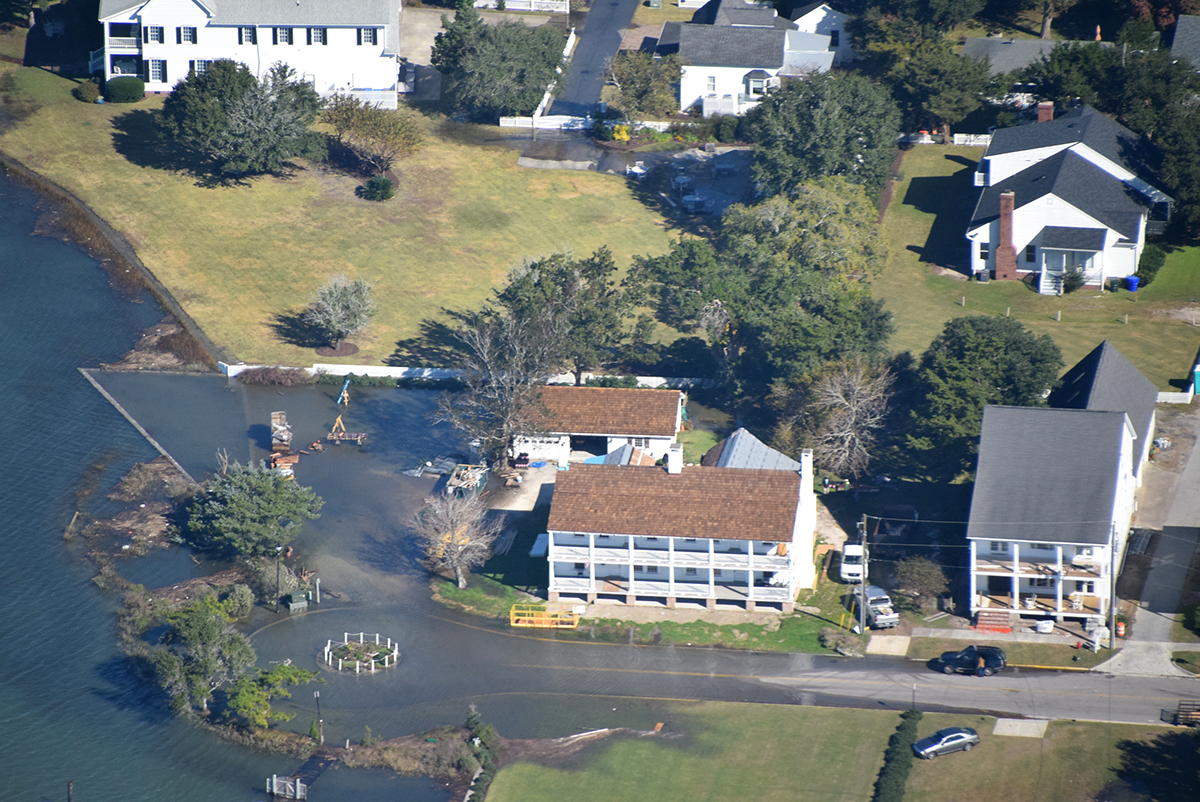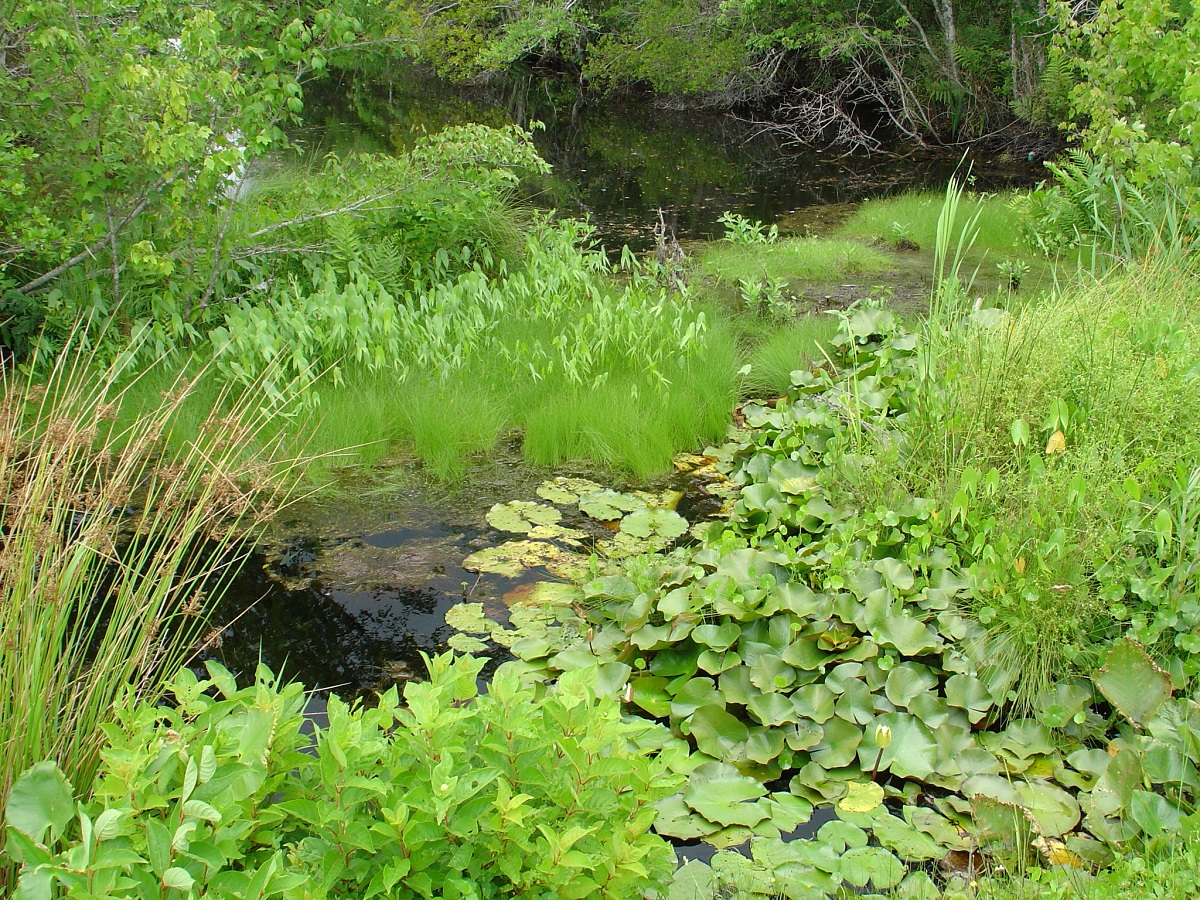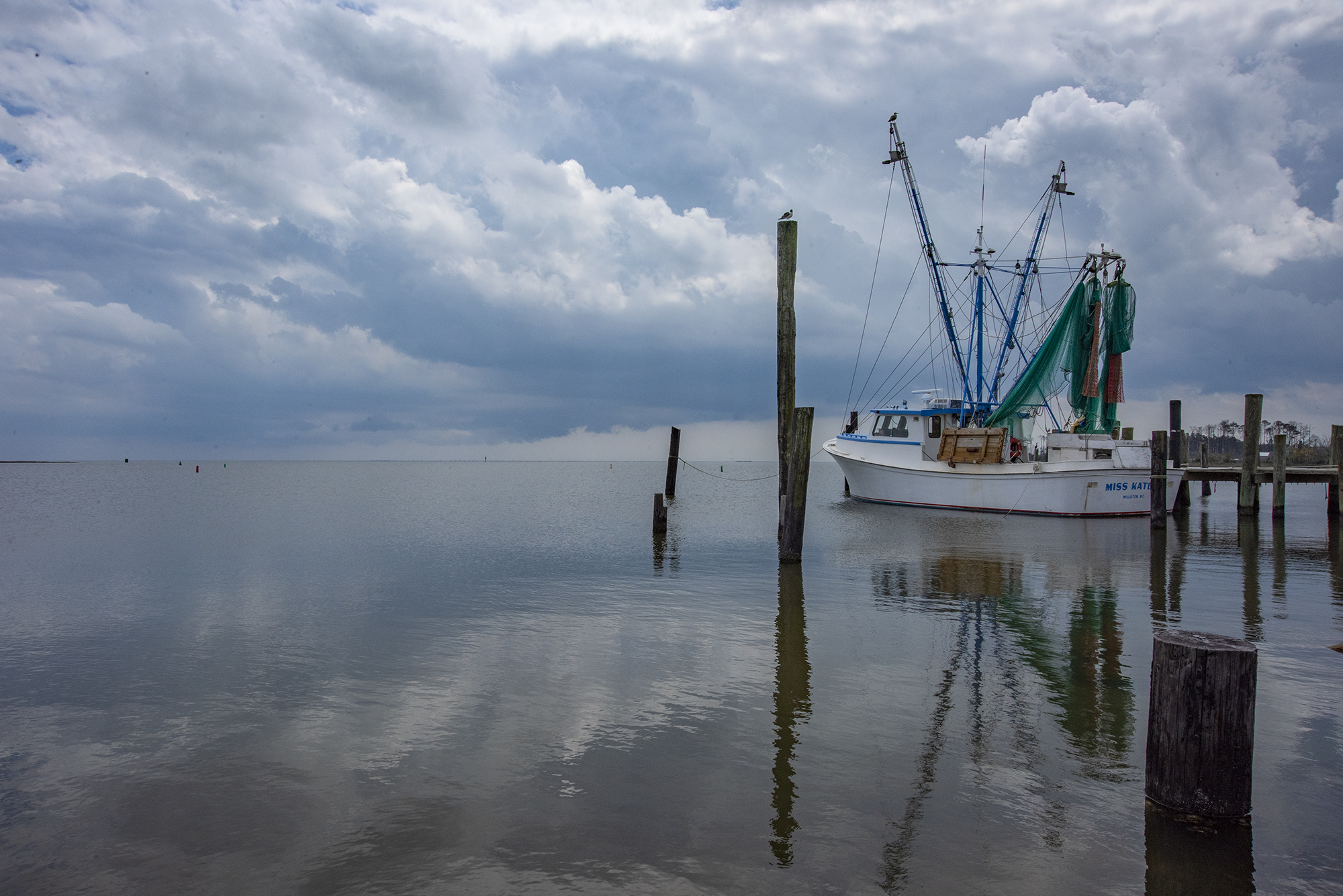
Guest commentary
To stimulate discussion and debate, Coastal Review welcomes differing viewpoints on topical coastal issues.
In 2018, one of my best friends, Ashley, moved from her lifelong home in northern Durham to Beaufort, North Carolina, a beautiful coastal town with gorgeous views, a walkable historic district and a peaceful, slow pace of life. I visited on numerous occasions, enjoying the fresh seafood, taking trips to sea on her family boat and falling in love with the old-world, Southern charm of North Carolina’s fourth oldest town.
Supporter Spotlight
Once college started and my academic and extracurricular obligations made trips to Beaufort difficult, I was not able to return to the town, until my girlfriend spent the spring 2023 semester at the Duke University Marine Laboratory, a small research facility and campus on Pivers Island in Beaufort. She took marine biology classes and conducted research, quantifying chlorophyll biomass variations at different depths in the water column. When I took a weekend visit, I was fortunate enough to learn about other research being conducted by bright Duke students and staff at the lab, including the measurement of ocean warming and acidification through year-round water samples, the evaluation of microplastic presence in oysters at their aquafarm and analysis on the impact of the decreasing fish population on local fishing economies.

These discouraging findings made me curious — how are these climate trends impacting the residents of Beaufort? And how can Beaufort residents play a role in mitigating these impacts?
Beaufort has faced worsening coastal and climate hazards, like sea level rise, flooding and hurricanes, threatening the homes, businesses and natural infrastructure of the “frontline community” and jeopardizing the well-being and prosperity of residents.
The alarming rise in sea levels and increased flooding during storms disrupts coastal communities like Beaufort. More than 1,300 residential and commercial properties along the North Carolina coast, valued at almost $340 million, are at risk of chronic flooding. If no climate action is taken, by 2045, this estimate increases to almost 15,600 properties, valued at almost $4 billion.
Beaufort has faced particularly severe flooding, especially on the historic Front Street, a bustling hub for local businesses, where the roads are becoming more frequently impassable, hurting the local economy.
Supporter Spotlight
The frequency and intensity of extreme weather events will continue to have disastrous effects on Beaufort and other coastal communities. Hurricane Florence in 2018 caused $1 billion in combined crop and livestock losses and $50 million in forestry losses in North Carolina. From 2004 to 2016, the North Carolina Department of Transportation (NCDOT) spent an average of $65 million per year on storm cleanup. From 2017 to 2019, they spent an average of $222 million per year.
Warmer waters and ocean acidification are disrupting marine ecosystems, leading to declining fish populations and shifting habitats for commercially caught fish species. For example, the summer flounder, a species integral to the Beaufort’s trawling industry, is moving north, damaging the local economy and reducing the local food supply.
Commercial fishermen in Beaufort are also facing decreasing shrimp and blue crab populations.
Beaufort residents are not powerless in fostering change. In addition to embracing climate-conscious behaviors and sparking climate change discussion with family and friends, Beaufort residents must exercise their voting power to elect politicians that will protect wetlands and other vital climate-mitigating ecological systems, delegate resources to disaster relief and promote the executive branch’s ability to fight pollution.
In 2022, Beaufort received a grant to participate in the North Carolina Division of Coastal Management’s North Carolina Resilient Coastal Communities Program (RCCP), helping the town develop strategies for dealing with coastal and climate hazards. The public is a key partner in this project, as they can provide local knowledge and perspective on the coastal and climate hazards, informing the resilience strategies. Beaufort residents can help foster effective, equitable solutions and shape the responses taken through the program.
Beaufort is a beautiful, easygoing town with a captivating history spanning over 300 years. The town was organized in 1709. Blackbeard the Pirate ported in Beaufort frequently. The town played roles in both the Revolutionary War and the War of 1812. The destruction of Beaufort is the destruction of history. Beaufort residents must take action.
See our guidelines for submitting guest columns. Opinions expressed by the authors are not necessarily those of Coastal Review or our publisher, the North Carolina Coastal Federation.







